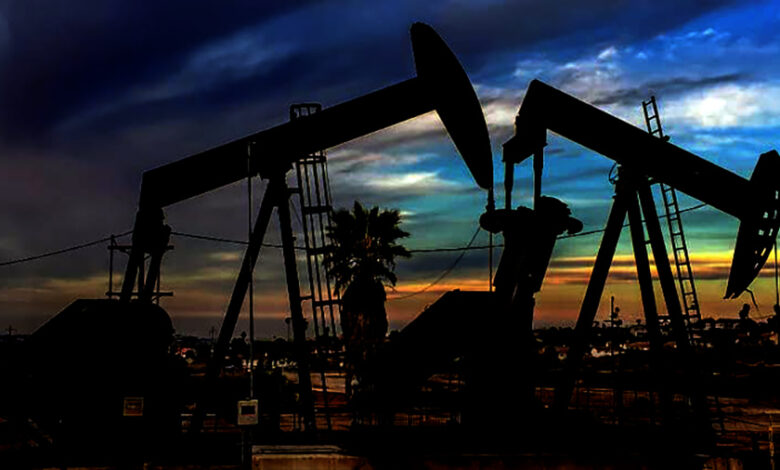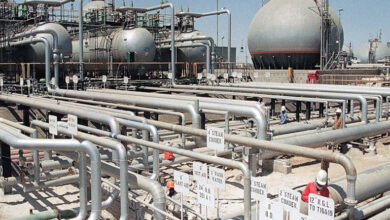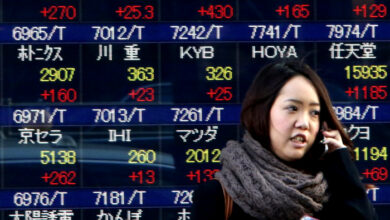Oil prices plummet as the US contemplates drawing down reserves, while markets struggle.

HONG KONG – US fears that the Ukraine conflict will cause a shortage of oil made oil prices fall a lot on Thursday.
Russia, on the other hand, shattered hopes of a long-term ceasefire in eastern Europe. This raised the risk of a long-term conflict, which has already had a big impact on the global economy.
WTI fell more than 5%, while Brent fell more than 4%, after claims that President Joe Biden was considering releasing a million barrels per day for many months in an effort to contain the market’s ascent to more than $100.
As a result of the Shanghai shutdown, there were more worries about how much demand there would be for things.
This month, the White House put an embargo on Russian oil, as part of a wider set of measures against the country for its invasion.
However, this caused prices to rise even more and put more pressure on global inflation, which was already at multi-decade highs.
According to officials, the president will make a statement Thursday on efforts to reduce energy costs “and drop gasoline prices for American households.”
The announcement comes as the International Energy Agency urges other nations to increase their oil production.
A planned release earlier this year, before the conflict, did nothing to cool a price rise fueled by the global economic recovery and predictions of increased demand.
Meanwhile, OPEC and other major oil producers, like Russia, are getting ready for their monthly meeting later today. They are expected to keep production at the level of 400,000 barrels per day, even though the oil crisis is getting worse.
While the decline in oil prices would be welcomed on the trading floors, Asian equities markets were divided after three days of strong gains and statements from Russian officials downplaying progress in peace negotiations with Ukraine.
Tokyo, Hong Kong, Shanghai, Singapore, and Wellington all went down in value, but Sydney, Seoul, Taipei, Manila, and Jakarta went up a little.
On Wednesday, traders jumped when they learned that Moscow had agreed to “dramatically” stop its attacks after talks in Istanbul, Turkey.
Both sides said the meeting on Tuesday was productive, but Kremlin spokesperson Dmitry Peskov said Wednesday that “We can’t say that anything was particularly encouraging.”
Investors are expecting Friday’s publication of US employment statistics to get a sense of the effect of rising prices and the war on the world’s largest economy.
Federal Reserve monetary policy plans could also be affected by the data. As the Fed moves to a more aggressive policy, many people fear that the price spike could hurt GDP.





